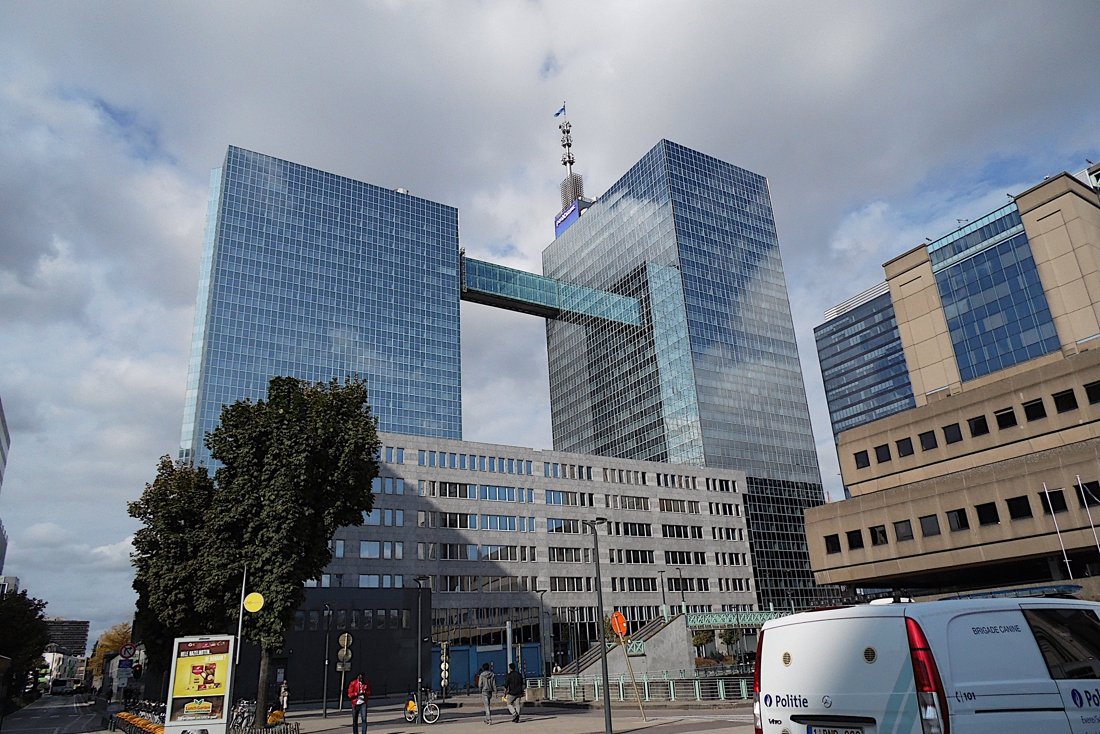It is a historically uncertain vote that is announced on Tuesday during the Democratic municipal primary in New York, from which the next mayor will emerge, former police officer Eric Adams holding the rope in a city concerned about insecurity.
With 86% Democrats among New Yorkers affiliated with a party, the winner of Tuesday’s primary is almost guaranteed to win on November 2, general election day, and succeed Bill de Blasio, in office since 2014 and extremely unpopular.
Favorite ex-policeman Eric Adams
After 16 months of pandemic which weakened the economy of the city, it will be up to the new councilor to revive New York, which wonders about its future. The embodiment of a revival, entrepreneur Andrew Yang has long been in the lead, before being overtaken by former police officer Eric Adams, 60, now president of the Brooklyn district and African-American. “New Yorkers are concerned about delinquency“Doug Muzzio, a professor at Baruch University, notes,”and if they vote according to their perception, Adams has an advantage.“
Even though numbers remain at historically low levels, shootings are up 73% since the start of the year, and a spate of incidents in the metro has recently increased the pressure, with backing from local channels and tabloids.
Born and raised in New York, Eric Adams is a self-made man, a police officer for 22 years who worked, during his career as a law enforcement official, against the discrimination that plagued the New York police. Behind the 60-year-old (28% of voting intentions in an Ipsos poll published on Monday), Andrew Yang (20%) remains in ambush, as does the former municipal head of cleanliness Kathryn Garcia (15%), who is synthesis between the moderate wing and the progressive branch of the party.
Nothing is played
But nothing is settled, because New York adopted this year, for its primaries only, the so-called preferential vote (“ranked-choice“), which allows up to five names to appear on a single ballot, ranked in order of preference. When counting, the candidate with the lowest ranking on the total ballots is eliminated and the second choice of the voters who do so. had placed first is now counted. The mechanism then repeats itself until a candidate reaches 50% of the vote. This system of elimination, added to the delays already traditionally significant in New York for the counting of ballots by correspondence, could postpone the announcement of the winner of the primary to mid-July.
–


